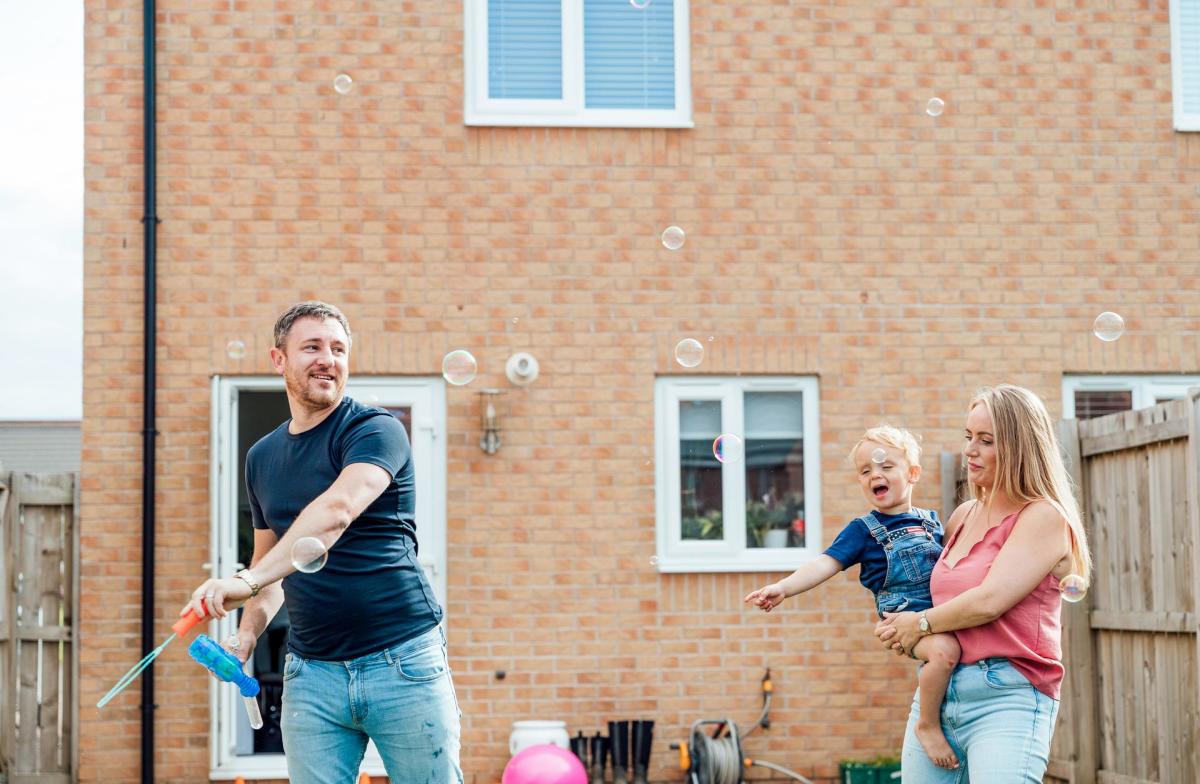Record numbers use government's Help to Buy scheme
More than 55,000 households used the government initiative to purchase a home in the past year.
A record 55,649 households used the government’s Help to Buy equity loan scheme to purchase a property in the year to the end of March.
The initiative enables people in England to purchase a new-build home with just a 5% deposit, which the government tops up with a 5-year interest-free equity loan worth 20% of the property’s value, rising to 40% in London.
A total of 328,506 households have benefitted from the scheme since it was first launched in April 2013, with the government providing a £20.1bn-worth of equity loans, according to the Ministry of Housing, Communities and Local Government.
The scheme was changed in April this year and is now only available to first-time buyers, while regional price caps on the value of homes that can be purchased through it have also been introduced.
Why is this happening?
Help to Buy has been hugely popular among people trying to buy their first home and those trading up the property ladder. The number of properties purchased through it have been on a steady upward trajectory since it was launched.
The increase in purchases during the past year is likely to reflect the buoyancy in the wider housing market, as people reassessed their housing needs following the Covid-19 pandemic.
At the same time, the fact the initiative in its original form was due to close to new buyers on 31 March, is likely to have further increased the number of people taking advantage of the scheme.
Who does it benefit?
Although Help to Buy in its original form was open to both first-time buyers and existing homeowners, 82% of people who used the scheme in the year to the end of March were taking their first step on the property ladder.
Half of the properties purchased cost £250,000 or less, while 49% of those using the scheme had a household income of between £20,000 and £50,000, suggesting the initiative was reaching those who would have struggled to buy somewhere without help.
To qualify for the new version of the scheme, you and anyone you are purchasing a property with must never have previously owned a home in either the UK or abroad.
You will also have to ensure the property you are buying is below the new region price caps that have been introduced, which range from £186,100 in the northeast to £437,600 in the southeast. The price cap in London remains unchanged at £600,000.
What other help is available?
Help to Buy is one of a number of government initiatives to help people get on to the property ladder.
The recently launched First Homes scheme enables local first-time buyers and key workers to purchase a property at a discount of between 30% and 50% of its market price, while Shared Ownership enables first-time buyers to purchase a stake in a property and pay rent on the portion they do not own.
Earlier this year, the government launched the 95% mortgage guarantee scheme to increase the availability of mortgages for people with only a 5% deposit.
Meanwhile, first-time buyers saving for a deposit can use the Lifetime ISA into which they can save £4,000 each tax year, with the government contributing 25p for every £1 they save, giving a maximum tax-free bonus of £1,000 a year.
Even though the transition phase of the stamp duty holiday is coming to an end on 30 September for the wider housing market, first-time buyers will not have to pay the tax on the first £300,000 of a property costing up to £500,000 from 1 October 2021 onwards.

